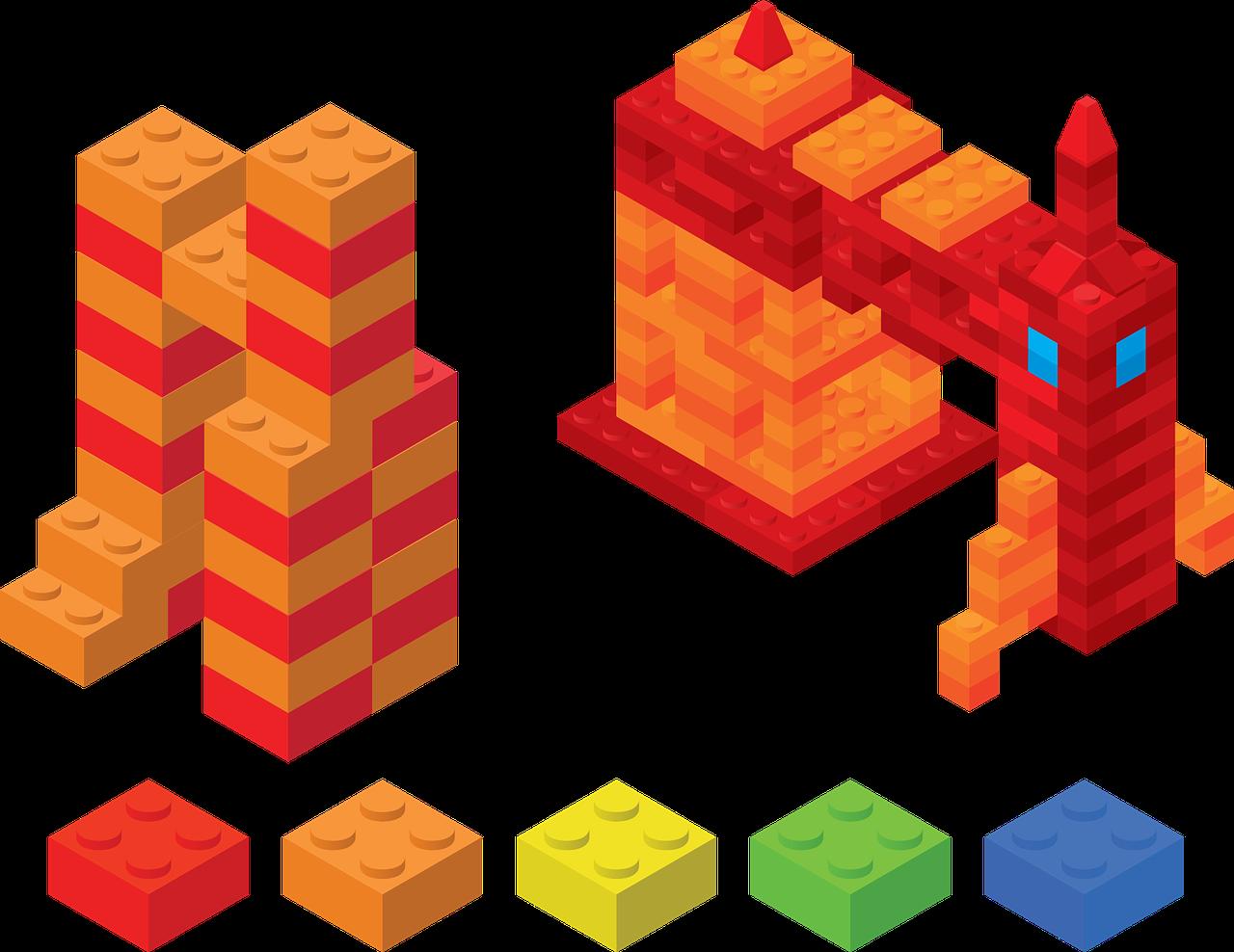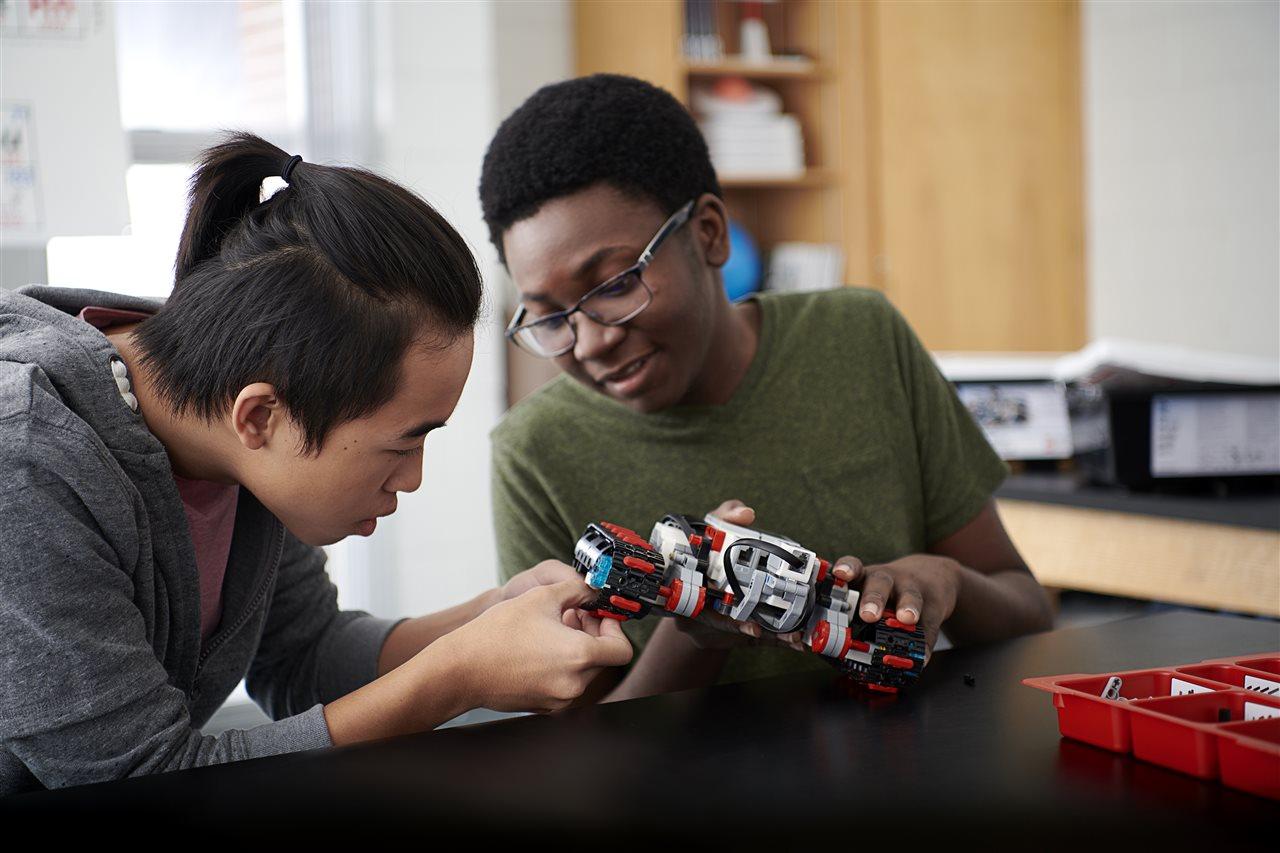
2 minute read
3 ways to prepare children for jobs of the future
(BPT) - Today's technology evolves so rapidly, it's impossible to predict what new inventions are coming. How can parents and educators today prepare children for technology and jobs that may not even exist yet? A recent education study by Harris Poll reveals that hands-on, collaborative learning experiences increase children's confidence and ability to learn new things. The study showed that children worldwide who are confident learning STEAM subjects (science, technology, engineering, arts and mathematics) feel more confident about their ability to learn overall. And that confidence translates into a willingness to try new things - an essential trait in education and business, where changes occur at a rapid pace.
LEGO Education Master Educator Aaron Maurer provides tips for teachers and parents on fostering confidence in STEAM subjects, drawing on his many years of experience using LEGO Education solutions and as a FIRST LEGO League robotics coach.
Children build confidence when they're given the opportunity to try new things, even if they feel unsure of themselves. Experiencing trial and error, and learning from setbacks, means children can also fully own their successes. If kids are free from the pressure of needing to achieve constant success, they are more willing to learn from their failures.
The Harris Poll found that most parents, children and educators from several countries acknowledge the role of failure as a necessary part of learning. And overcoming that failure is the foundation for genuine confidence.
As Maurer describes, "When something doesn't work and kids have the opportunity to troubleshoot and make it work, you can see their confidence light up."
What do children gain by engaging in concrete learning experiences, as opposed to passive activities like listening to a teacher or reading a book?
2. Encourage hands-on experiences

While the study found that the vast majority of educators worldwide (95%) highly value handson learning, teachers said their schools did not provide enough hands-on learning experiences, due to time limitations and curriculum constraints.

Maurer explains, "Hands-on learning - learning through building, through trial and error, through collaboration - has the power to engage kids in a way that lectures and worksheets simply don't. Getting hands-on with a challenge or a task allows them to explore and realize there isn't just one answer. It allows them to experience failure in a healthy way and realize that failing at a task is a natural part of the learning process and does not mean a subject is out of their reach."
Parents wanting their children to experience more hands-on learning may want to seek afterschool classes and clubs, or games and activities to do at home that foster more hands-on experiences in a variety of subjects.
For example, parents can find after-school clubs such as a FIRST LEGO League, which lets kids of all ages work out solutions to real-world problems in a fun team environment.
3. Encourage development of soft skills

While we can't anticipate every technological advance that may occur in our children's lifetimes, one thing doesn't change: Communicating and collaborating with others is a vital part of any job, in any field.
How can you help children develop these skills? Provide opportunities where kids work together to solve problems, create - or just play together. Try a sports team, music group or social club. Any opportunity to interact with others positively, working toward common goals, can boost their confidence and ability to be part of a team.
Future jobs may be hard to predict, but helping kids develop confidence and their ability in STEAM skills - and soft skills - will provide a strong foundation to tackle future challenges. For more ways to boost your children's confidence in learning, visit LEGOeducation.com. Celebrate National Computer Literacy Month this October by helping children learn skills for the future.






